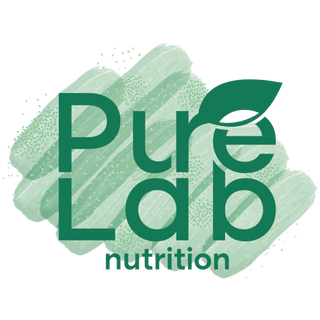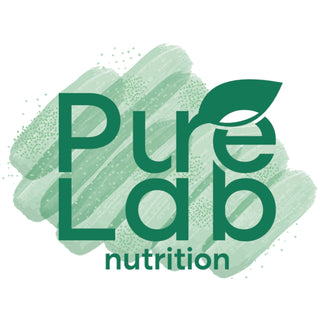According to recent studies, the nutritional content of fruits has decreased considerably since 1950. For example, there is as much vitamin C in an apple from 1950 as in 100 apples today .
How is this explained? What are the consequences? Discover some answers.
Fruits, our best allies?
Fruits are one of the main sources of vitamin C. For example, oranges contain 53mg/100g, broccoli 89mg/100g and strawberries 58mg/100g. Thanks to their vitamin C content, eating five a day would therefore meet our daily needs. However, several factors tend to reduce the concentration of vitamin C in fruits.
Why is there less vitamin C in fruits than before?
First of all, the decline in vitamin C in fruits is a direct consequence of modern agriculture: as soils are overexploited, they become depleted of nutrients; in addition, the widespread use of fertilizers and pesticides, which accelerate plant growth, prevents micronutrients from developing properly.
Another reason is the instability of vitamin C. This vitamin is fragile and easily degrades when exposed to air or heat. Therefore, storing fruits in stores or at home is enough to significantly reduce their vitamin content.
Next comes the time to prepare the fruit. Just cutting a lemon in half, peeling a pineapple or mashing potatoes can reduce the vitamin C content by up to 40% due to oxidation. The same goes for freezing or cooking fruit.
Whether it is because of current farming methods, storage or preparation, our vitamin C intake is lower than it was in 1950, which can lead to deficiencies. However, it is essential for our body, as you can see in the article dedicated to its benefits, since it helps the body maintain its natural defenses, reduce fatigue, produce collagen, protect cells against oxidative stress and much more!
How to remedy the nutritional depletion of vitamin C in fruits?
Since organic farming is more environmentally friendly than conventional farming, you might think that eating organic fruits and vegetables would be a good way to get more vitamin C. But unfortunately, this is not the case. Studies have shown that there is no significant difference in vitamin C content between organically grown fruit and “conventional” fruit.
Using food supplements can then be an option to really consider in order to ensure the body has an optimal intake of vitamin C and take full advantage of its many virtues.
We recommend our highly absorbable and intestinally tolerant Liposomal Vitamin C. 1000 mg of PureWay-C® Vitamin C per daily serving:
- ✅ High quality liposomes
- ✅ Optimal dosage (1000 mg)
- ✅ Made with certified PureWay-C® vitamin C
- ✅ 45 days of treatment












